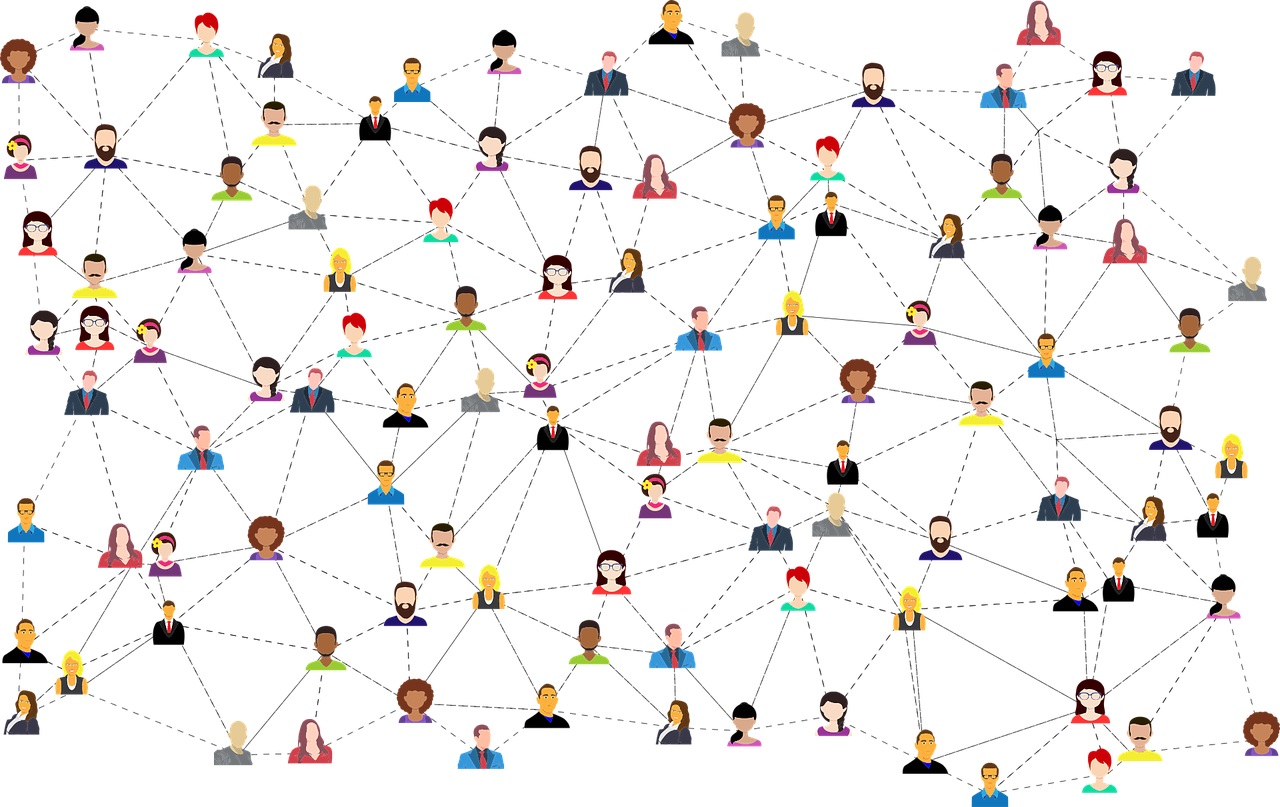Learning in Networks
“The Role of Social Identity for Learning in Networks” (since 2019)
Funded by the German Science Foundation (DFG)
Veronika Grimm
 Learning through social networks today plays a key role in individuals’, firms’, and governments’ decision-making processes. The “social” aspect of learning refers to the fact that learning is accomplished by observing other’s behaviour or by communication with others. Different information sources will typically differ in terms of how close their social identity is to that of the “learner”. It is thus vital to the understanding of the social learning process whether and how the social identity of an information source affects the perception of credibility of information, the willingness to change one’s expectations based on this information and ultimately how those factors affect learning dynamics in networks. The aim of the project is to identify the effect of social identity on learning in networks and to understand how social identity is used in social learning. Does it improve efficiency, in particular increase the speed of learning, or does it lead to distortions and failure to learn? In laboratory experiments the researchers will study how different social network structures influence the dynamics of social learning and discriminatory behaviour. A further question addressed is how social identity affects the formation of social networks and thus the source of information that people consult.
Learning through social networks today plays a key role in individuals’, firms’, and governments’ decision-making processes. The “social” aspect of learning refers to the fact that learning is accomplished by observing other’s behaviour or by communication with others. Different information sources will typically differ in terms of how close their social identity is to that of the “learner”. It is thus vital to the understanding of the social learning process whether and how the social identity of an information source affects the perception of credibility of information, the willingness to change one’s expectations based on this information and ultimately how those factors affect learning dynamics in networks. The aim of the project is to identify the effect of social identity on learning in networks and to understand how social identity is used in social learning. Does it improve efficiency, in particular increase the speed of learning, or does it lead to distortions and failure to learn? In laboratory experiments the researchers will study how different social network structures influence the dynamics of social learning and discriminatory behaviour. A further question addressed is how social identity affects the formation of social networks and thus the source of information that people consult.